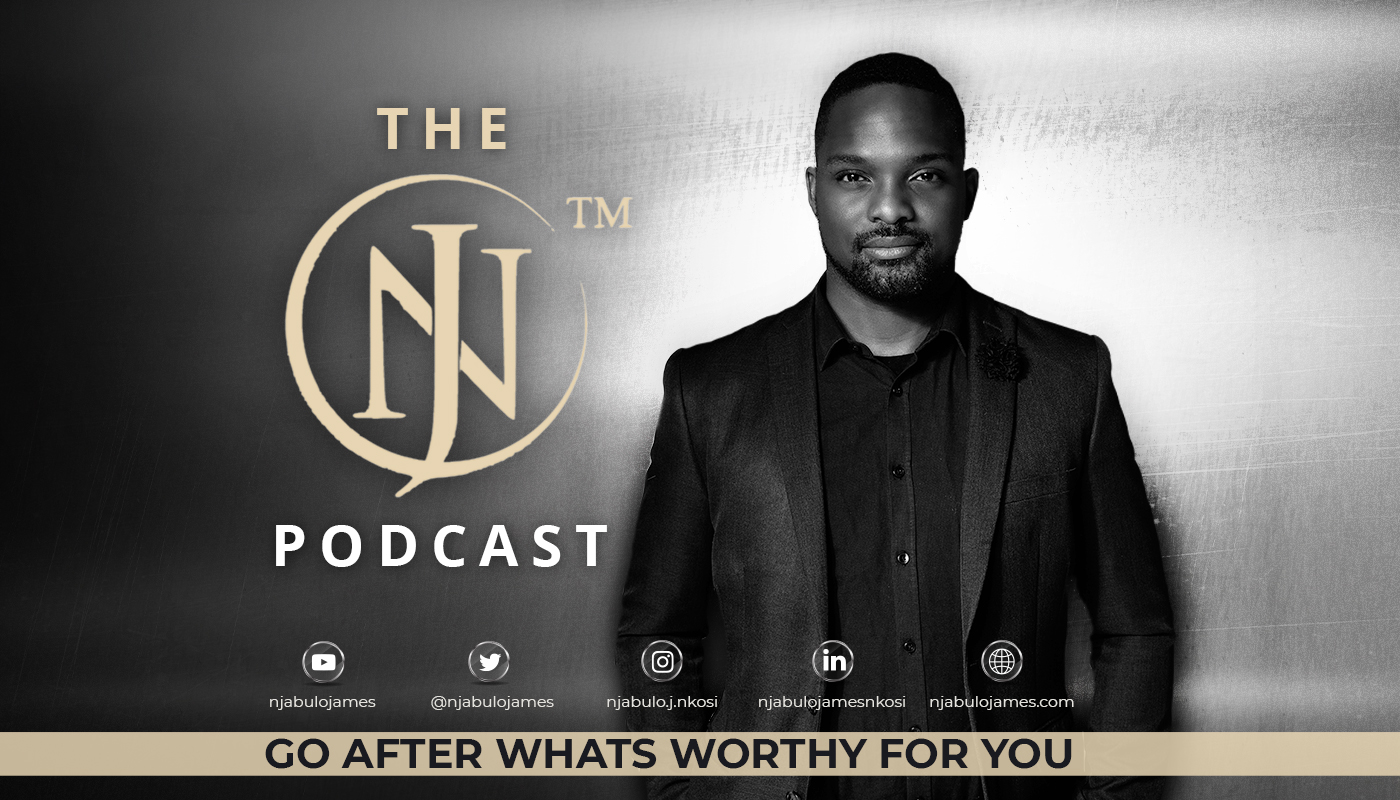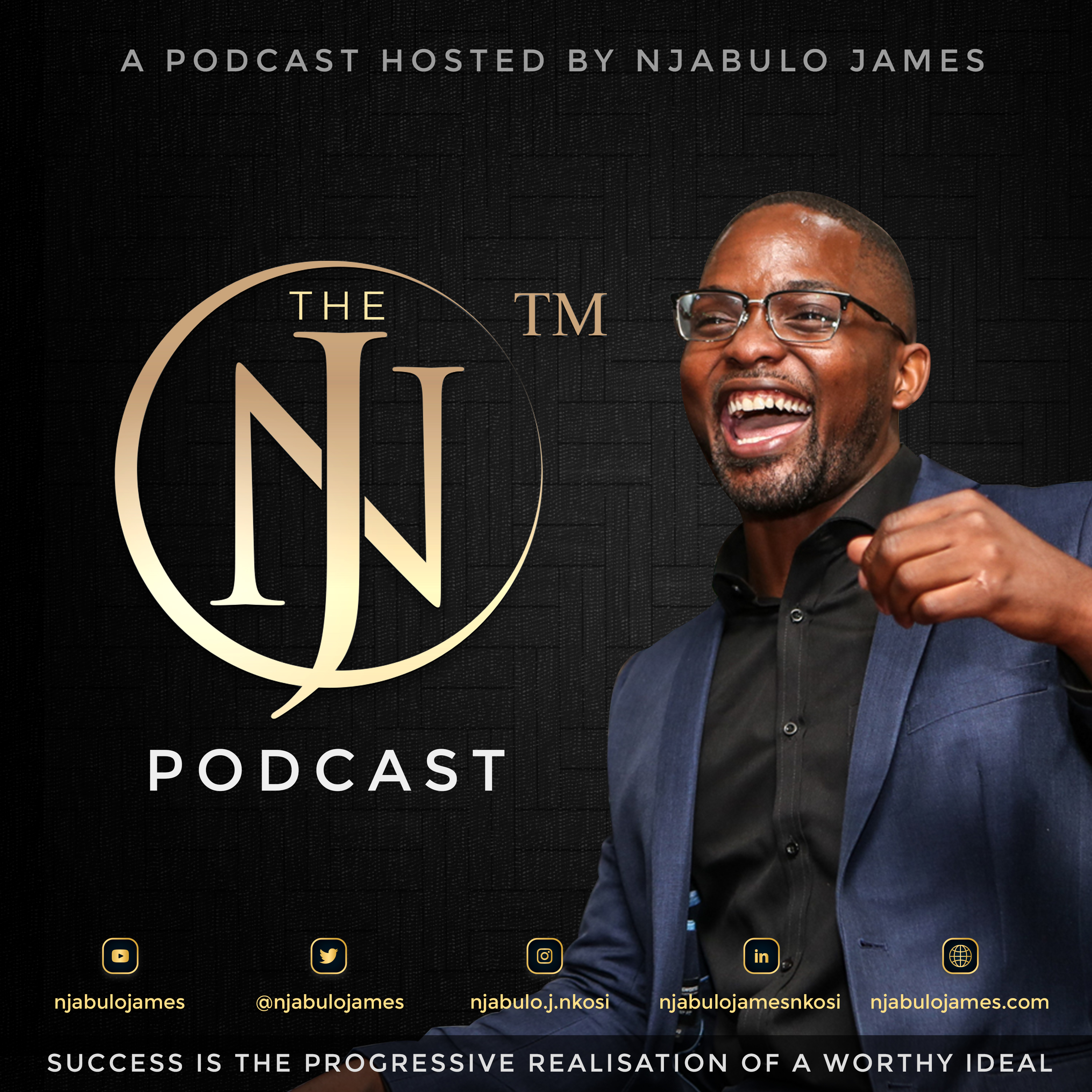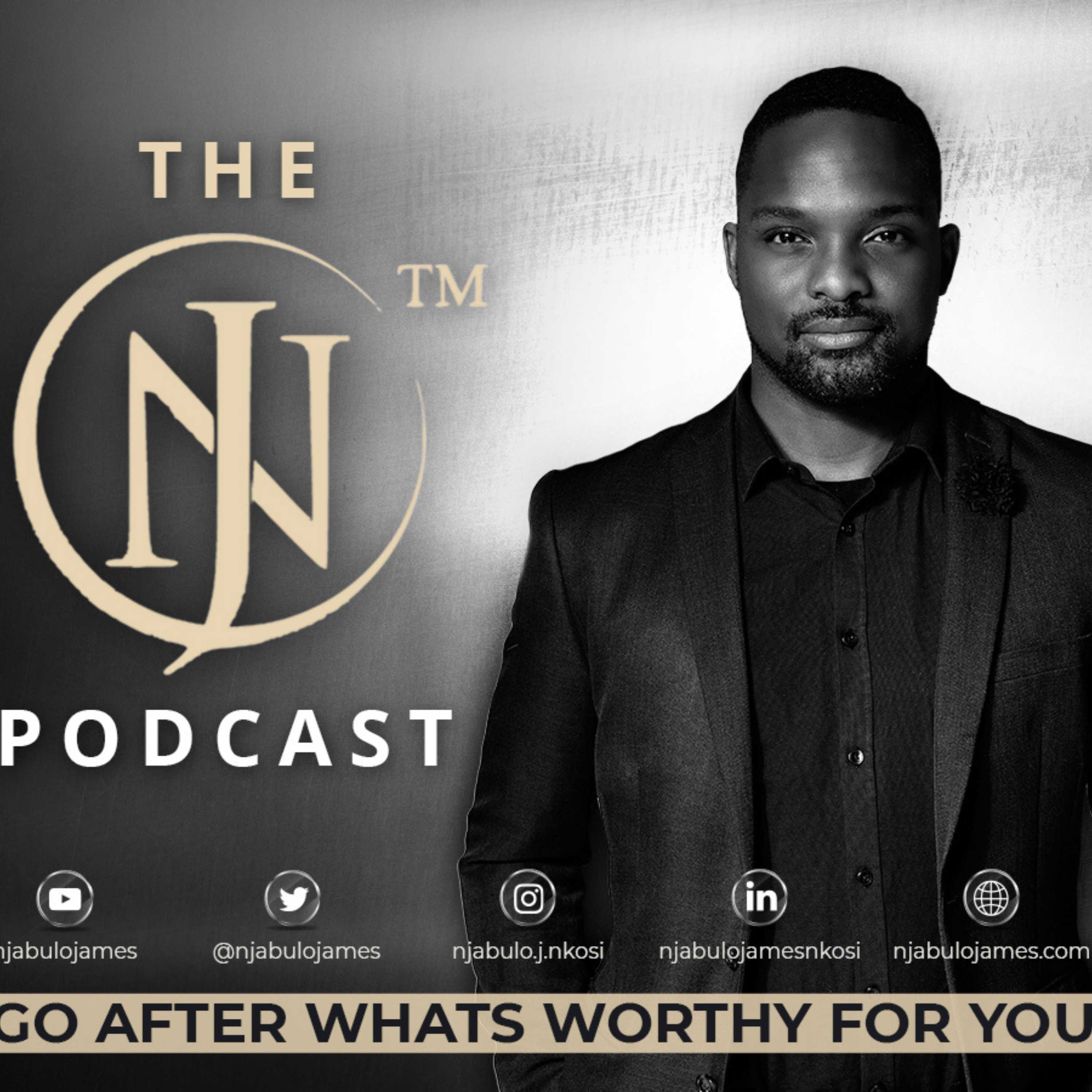Everyday Series | Season 1 | Significant Lessons Saturdays | 003 | Elon Musk
In this episode, we unpack the lessons we can learn from Elon Musk.
He is the closest real-life example we have of Marvel's Ironman. He is responsible for creating companies such as Paypal, Tesla Motors, and SpaceX which are complete game-changers. He originally hails from South Africa, is worth over $11 billion and is perhaps the most audacious entrepreneur since Steve Jobs. There are a lot of principles businesses, consultants and entrepreneurs can learn from Elon Musk. Here are some lessons Elon Musk taught me.
Don't Give In
"I don't ever give up. I would have to be dead or incapacitated " (responding to a third failure in a row)
Elon Musk is not a stranger to failure. He has failed over and over again. And when he went through his third straight failure in a row, he was asked if he felt he should not just give up. He said he never gives up, and this is a common trait of high performing businesses and people, they do not give up just before the finish line; they learn, adapt and grow and keep learning from failures. 80% of small businesses fail simply because they never pick themselves up and try again. Regardless of past failures, the economy or self-doubt, don't give in.
If will change the world, don't listen to those who live in it
"So many people tried to talk me out of what I am doing"
En route to creating Paypal, creating Tesla Motors and SpaceX (companies that are fostering and doing the unconventional) Musk was told that he was delusional, not practical or realistic. However, Elon understands that if you have a compelling vision to change the world, business or the company you work in - you need to not listen to people who have accepted the status quo. In order to create something new, you may have to tear the old things down. If you will change the world, don't listen to those who live in it.
Take risks earlier on in life
"Now is the time to take risks. As you get older then your obligations increase...and it gets harder to take risks"
Many businesses and people do not take risks because of what they can stand to lose; they put off their risks and the more time marches on it becomes tougher to take risks. Starting an international startup in the online, electronic cars and space travel industry were major risks taken by Musk that paid off - he also took them early on in life. Later on in life, you may have a family, the competition gets tougher in the market and opportunities that existed before won't exist in the future. The interesting thing about risks is that it is risky to not take risks. Life is risky because you still don't get out of life alive. Learn to take risks earlier in life.
Focus on priority and value-adding activities
"A lot of companies get confused. They spend money on things that don't make the product better."
In his companies and dealings, Musk believes in only one thing: value. Value makes the difference in the results we produce, the clients we serve and the revenue generated. The difference between a Fortune 500 company and a company not on the list is the number of people they serve and the value to the marketplace they provide. The value you provide comes from the product or service you provide. To maximise the value, focus on activities that will make the product or service you offer better. Musk's companies don't focus much on marketing but rather on research and development. Focus on priority and value-adding activities.
Attract great people
"When you are starting out, the best thing is to attract great people. All that a company is it's a group of people who come together to create good products or services"
There are three main things that run businesses and organisations: people, processes and technology. People refer to the talent, stakeholders and clients you serve. Process refers to the main activities and operations. Technology refers to tools and systems that enable the organisation to achieve its main purpose. Of these three levers, high-quality people, talent and problem solvers are the most critical to focus on. People will inform the processes and technology and regardless of how great they are if you do not have the right people the other two levers will not matter. Two executives were having a conversation - one said, "what if we invest in and grow our people and they leave?" The other executive said, "what if we do not invest in and grow our people and they stay?" The possible consequence is that the products and services you offer may not be as valuable as possible. Always work to attract great people.
Hard work is what will count
"Work super hard"
Hard work beats talent when talent doesn't work hard. Musk advocates hard during every waking hour that you have. When you are starting a venture or a new client project, the initial phases is where the hard work will have to be put in. If you put some maths to it if one person works 50 hours versus you who works 100 hours you will get twice more done in the course of the year (assuming you are being effective). At the end of the day, hard work is what will count in the end.


